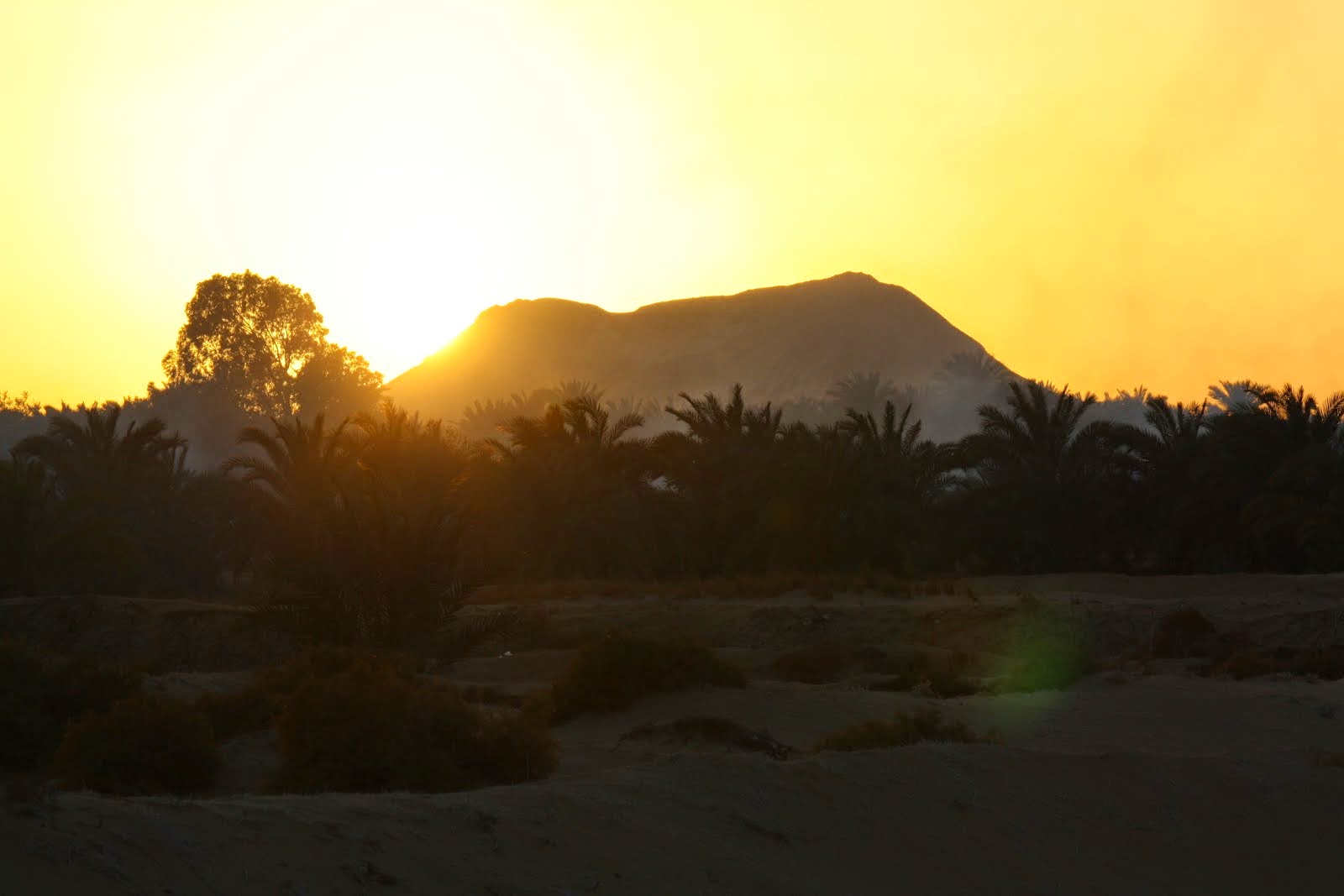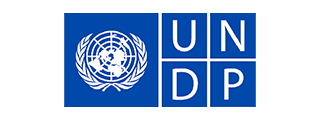
Author: N. Schöne, Hudara
In the attempt to encompass all its dimensions, energy poverty is defined as the absence of sufficient choice in accessing adequate, affordable, reliable, high-quality, safe and environmentally benign energy services to support economic and human development [1].
Today there are still more than 800 million people in the world without access to electricity, more than 2.3 billion rely on traditional firewood and cooking stoves to prepare food [2] – figures that set the lower border for the prevalence of energy poverty. People living in the lack of energy access experience several hardships in their struggle for a decent life and any kind of development. Apart from the undisputed and paramount importance of energy for the operation of economic activities [3, 4] access to energy affects social development, hampers environmental protection efforts and impacts human health and well-being [4]. To date, the WHO assumes 4.3 million premature deaths are caused by smoke from traditional cooking technologies every year, over half of deaths among children less than 5 years old, from acute lower respiratory infections due to particulate matter released from indoor air pollution [5].
We support communities to develop renewable energy supply systems and the accompanying administrative, financial and regulatory pillars to gain sustainable and long-lasting access to energy. We thrive to understand and target the interlinkages of energy with other areas of life to gain holistic human development and work towards our goals of thriving communities enjoying good mental health and living in balance with the environment.
References
[1] A. K. N. Reddy, World energy assessment Energy and the challenge of sustainability: Chapter 2 – Energy and Social Issues, 2000.
[2] International Energy Agency, World Energy Outlook 2019, International Energy Agency, Paris, 2019.
[3] I. Arto, I. Capellan-Perez, R. Lago, G. Bueno, and R. Bermejo, The energy requirements of a developed world, (in English), Energy Sustain Dev, Vol. 33, pp 1-13, Aug 2016, doi: 10.1016/j.esd.2016.04.001.
[4] M. González-Eguino, Energy poverty: An overview, Renew. Sust. Energ. Rev., No. 47, pp 377–385, 2015, doi: 10.1016/j.rser.2015.03.013.
[5] World Health Organization, Factsheet no. 292: Household air pollution and health, World Health Organization, 2018.












